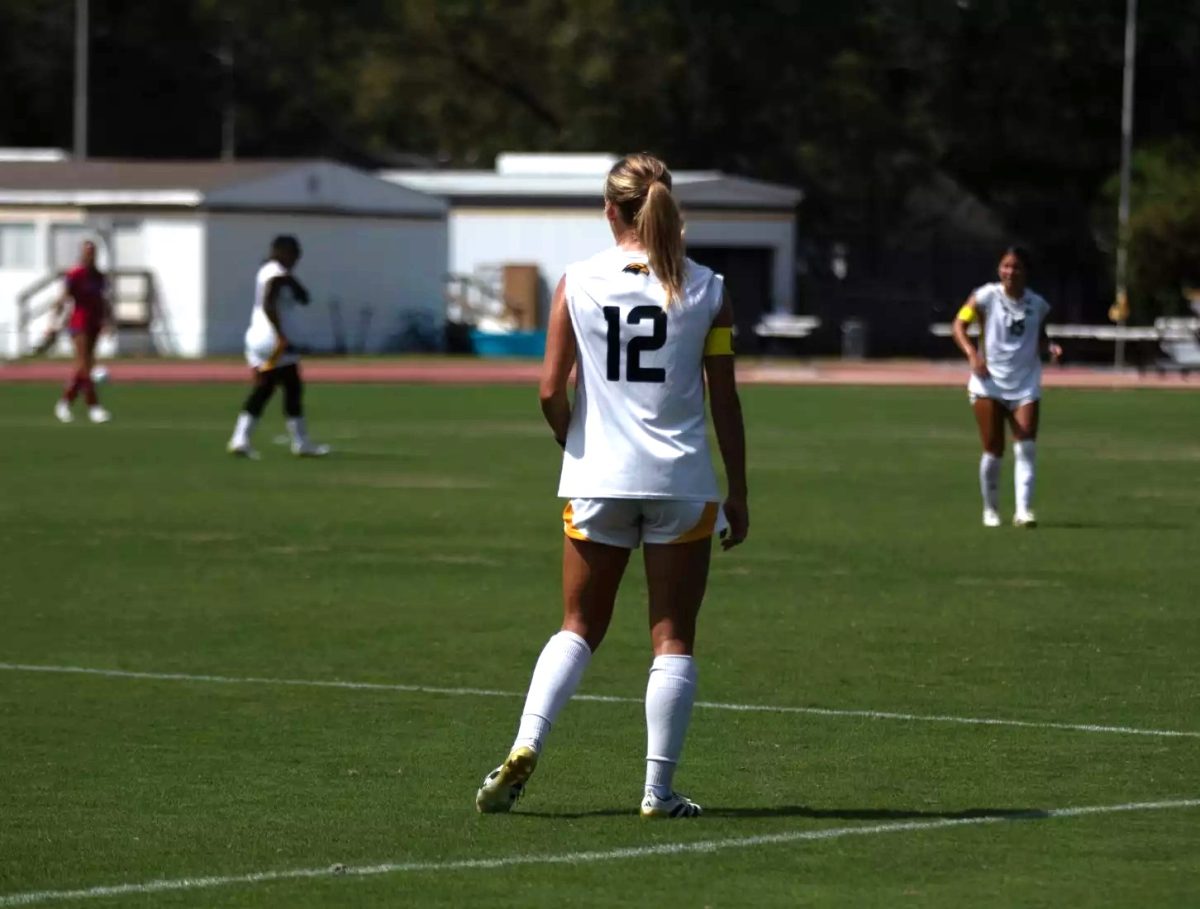Many students would agree that trying to stay afloat in college is hard enough without adding any extracurricular activities. From late night study sessions to 8 a.m. classes, obtaining at least four hours of sleep is almost a miracle for a college student.
Studies alone are enough to drive a student insane. Add on extracurricular activities, work-study and if you’re lucky enough, a promising relationship, and students are pretty much at their wits’ end with pressure.
The pressure increases even more for college athletes. They are required to not only maintain a 2.5 GPA, but also attend early morning workouts, three- to four-hour practices and play exceptionally well in every game of the season. This does not include appearances, or away game road trips, causing them to miss several days of school.
So the question is: why aren’t college athletes paid? According to USA Today, the average pro basketball player makes $24.7 million over his 4.8-year career. The article went on to reveal that the standard pro football player makes an overwhelmingly $6.7 million over his 3.5-year career.
Over $6 million over 3.5 years? That’s enough to buy 100,000 pairs of Christian Louboutins pumps, as many as 10 2015 Lamborghini Huracan LP610-4s and an indefinite amount of delectable Big Macs from McDonalds.
College athletes, who are expected to perform at practically the same level as pros, don’t receive a penny. Although they receive full or partial scholarships for their education, they receive no income from anywhere else.
Not to mention, their schedule doesn’t allow or provide room for them to have jobs in order to pay for bills, their abnormal appetite or obligations back home. Yes, the primary goal of a college student is to receive an education.
However, to be brutally honest, college athletes are treated more like prized possessions and expected to do more than your average student, so why are they being cheated out of money that’s rightfully theirs?
Think about this. Imagine if you were a college athlete scouted from anywhere around the country. Despite a strenuous academic work load, you are required to give 100 percent in every game in hopes of remaining in the starting lineup or even being noticed by pro scouts.
Now imagine you get hurt during your third season on the team. After all your hard work and dedication to your sport, you’ll never be able to play it again. Wouldn’t you wish you had been compensated?

























